World Humanitarian Day 2023: Supporting women with disabilities in Kenya’s Kakuma refugee camp
World Humanitarian Day is an opportunity to reflect on the committed work of humanitarian aid workers around the world who so tirelessly support people forced from their homes because of conflict or natural disasters.
It is also a time to highlight the challenges faced by displaced people with disabilities and advocate to support them.
To mark World Humanitarian Day, we want to focus on the barriers that women with disabilities face in the Kakuma refugee camp in northern Kenya, which is home to more than 200,000 refugees from over 20 countries.
The camp, which was established in 1992 to accommodate Sudanese refugees fleeing the civil war, has since grown to become one of the largest refugee camps in the world. It hosts refugees from Burundi, Congo, and Ethiopia, among others.
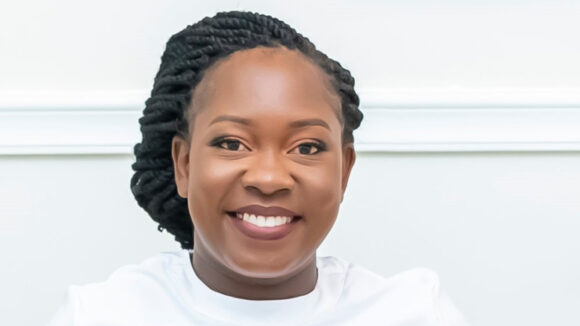
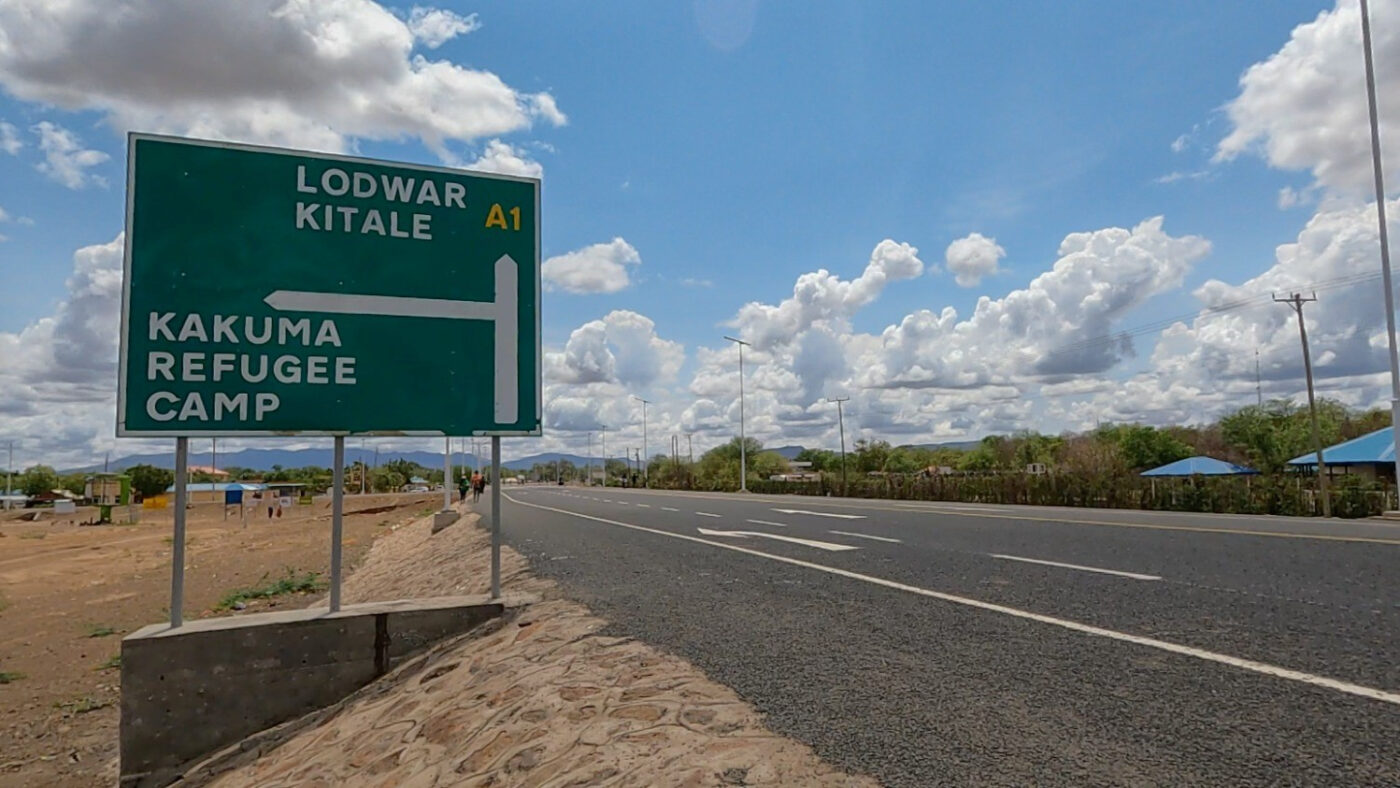
In March, I visited Kakuma to collect stories from two Inclusive Futures projects operating within the camp and the neighbouring Kalobeyei Integrated Settlement. I travelled from Nairobi’s Jomo Kenyatta International Airport on one of only two humanitarian flights per week to the camp. My expectations of Kakuma as a chaotic place proved to be wrong. The camp is very organised and closely guarded. For instance, it’s impossible to visit without the knowledge of those in authority.
Kakuma is a dry and dusty place. The sound of sand blowing in the wind fills the air, and the landscape is dotted with scrubby vegetation. The houses in the camp are made of various materials, including mud, sticks and plastic sheeting, though some have concrete floors and roofs, making them seem more permanent.
Being a refugee is already challenging, and for women with disabilities, these challenges can be even more severe. Some of the barriers they face include exclusion from education and employment opportunities, making it difficult for them to support themselves and their families. Also, women with disabilities frequently face stigma and discrimination, which hinders their access to essential services such as healthcare and social support. For those with mobility disabilities, the physical environment at the camp can also pose challenges due to a lack of accessible transportation and buildings.
There are a variety of programmes and services operating in Kakuma that are designed to help refugees integrate into Kenyan society. But the majority are not inclusive of people with disabilities.
This Inclusive Futures project, which focuses on women, aims to empower micro-entrepreneurs with disabilities – or those caring for them – to develop their businesses and livelihoods. First, it encourages private and public institutions to increase inclusion in their procurement chains. Then, it advocates for disability-inclusive policy development. Finally, it shares evidence and lessons learned on how to make livelihood programmes inclusive of people with disabilities.
The programme has already had an impact, as I found out when I met some impressive women with disabilities from our project.
The project aims to empower micro-entrepreneurs with disabilities to develop their businesses and livelihoods.
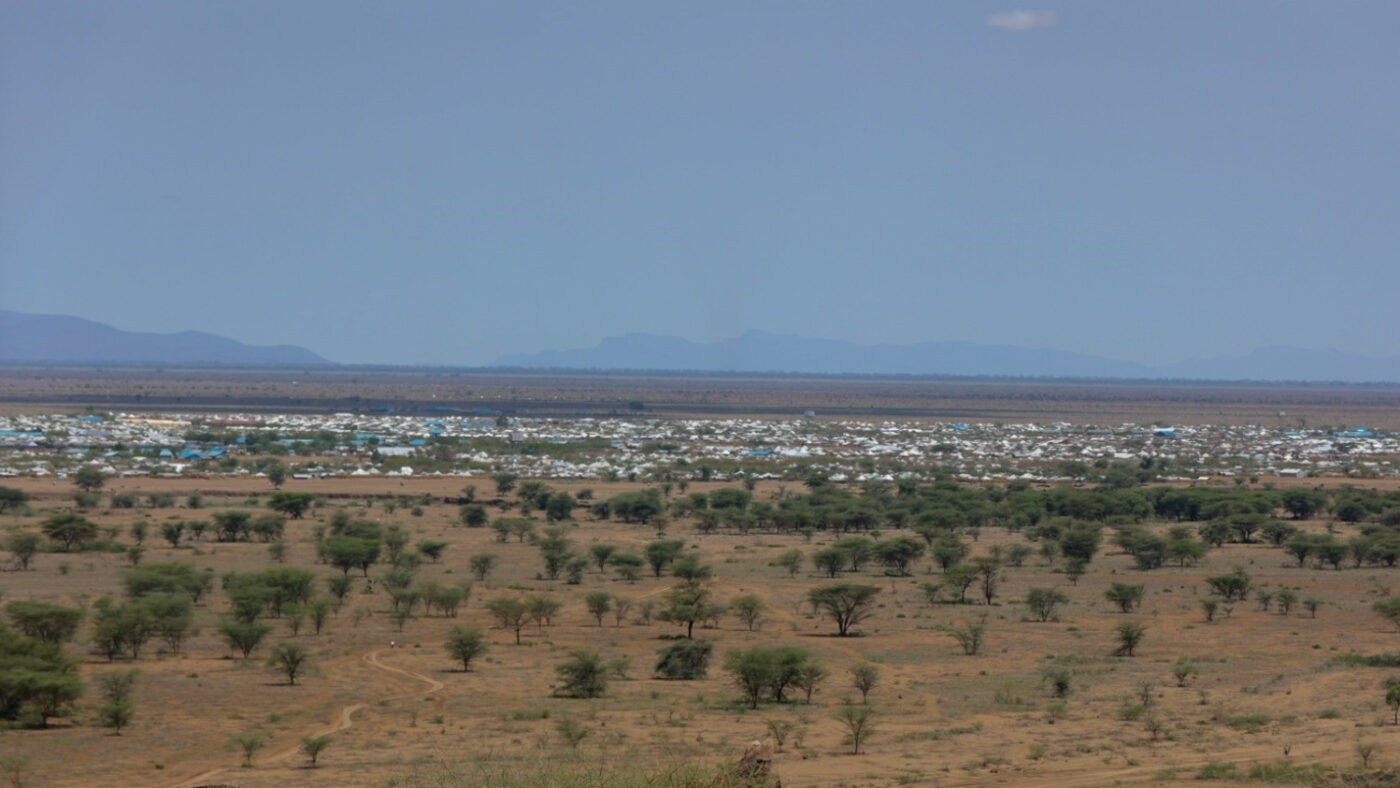
Mary’s story
I was deeply moved by the story of Mary Melesa, a resident of Kalobeyei settlement. She lives with her eight children, runs a retail shop and has been supported by the project.
Mary left South Sudan in 2017 and told me she feels safe living in Kakuma. “I do not hear any gunshots, like I did in South Sudan,” she explained. “I have peace of mind, because there is no one that can come and attack us during the night.”
Mary has a physical impairment and finds it difficult to reach for items that are placed on shelves and to offer quick services to her customers. Through the project, she has received training on record keeping, finance management, marketing and business operations. She continues to receive individual coaching and mentorship, enabling her to develop her business skills and confidence. “Record keeping has transformed my business. I can now keep track of profits, who owes me, and day-to-day income,” she said.
Thanks to a partial grant, Mary has also been able to increase the amount of stock she can sell. As the sole provider for her family, this has made an important difference.
“I have been able to support my family. Of course, I’m both a mother and a father at the same time to my children.”
“Record keeping has transformed my business. I can now keep track of profits, who owes me, and day-to-day income.”
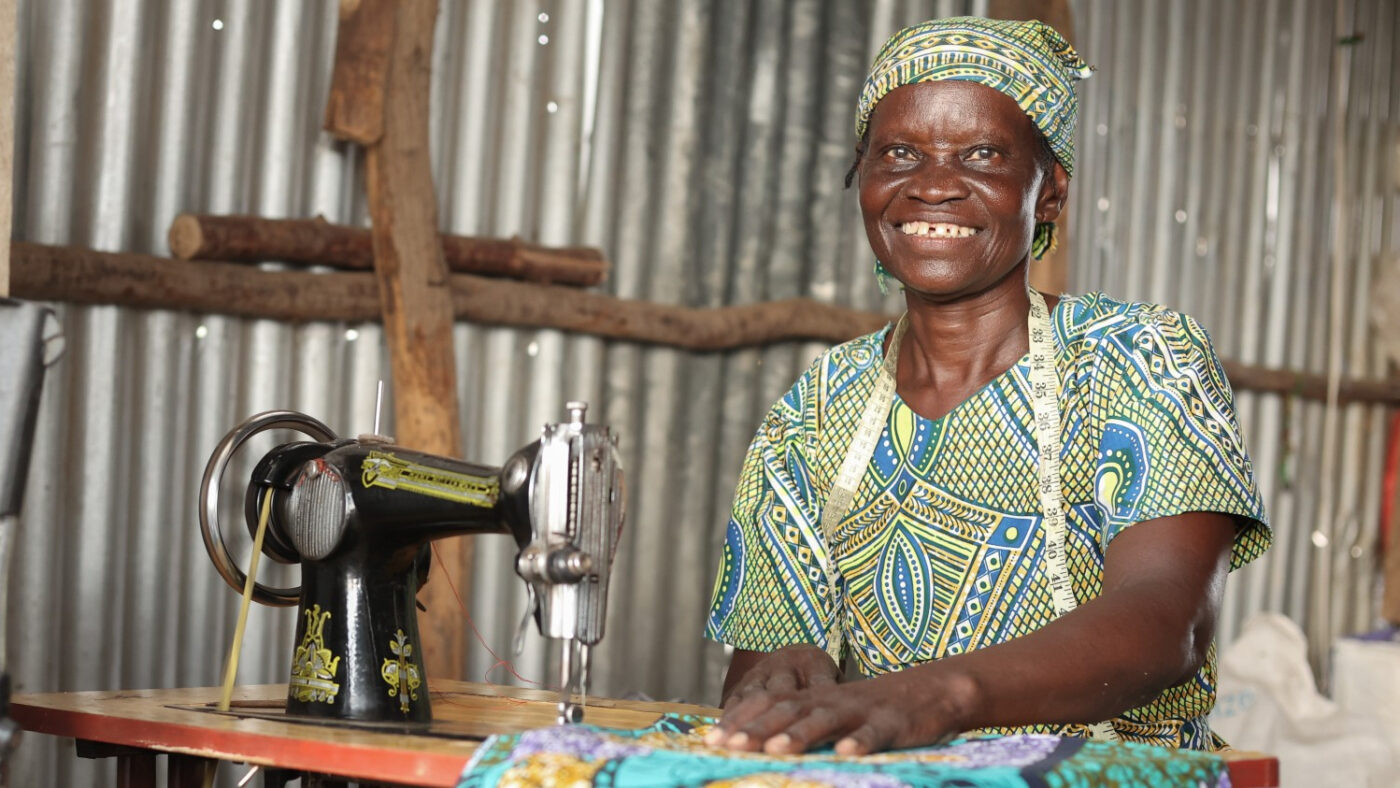
Nataparin’s story
I found the story of Nataparin, a single mother of three, equally moving. She travelled from her home in remote Turkana to Kakuma in search of medical care for her eldest son. While there, she learned about an Inclusive Futures project, which provides support to children with disabilities to access inclusive education.
Her son was given a wheelchair and Nataparin now pushes him eight kilometres every day to and from school. “I have that passion to take him to school regardless of the challenges,” she said.
Nataparin is the epitome of resilience and hope. She hopes her other two children will be able to attend school as well. Through our conversation, she also told me how she felt empowered seeing other women in Kakuma earning a living and how she was looking for ways to start her own business to sustain her family.
“I have that passion to take him to school regardless of the challenges.”
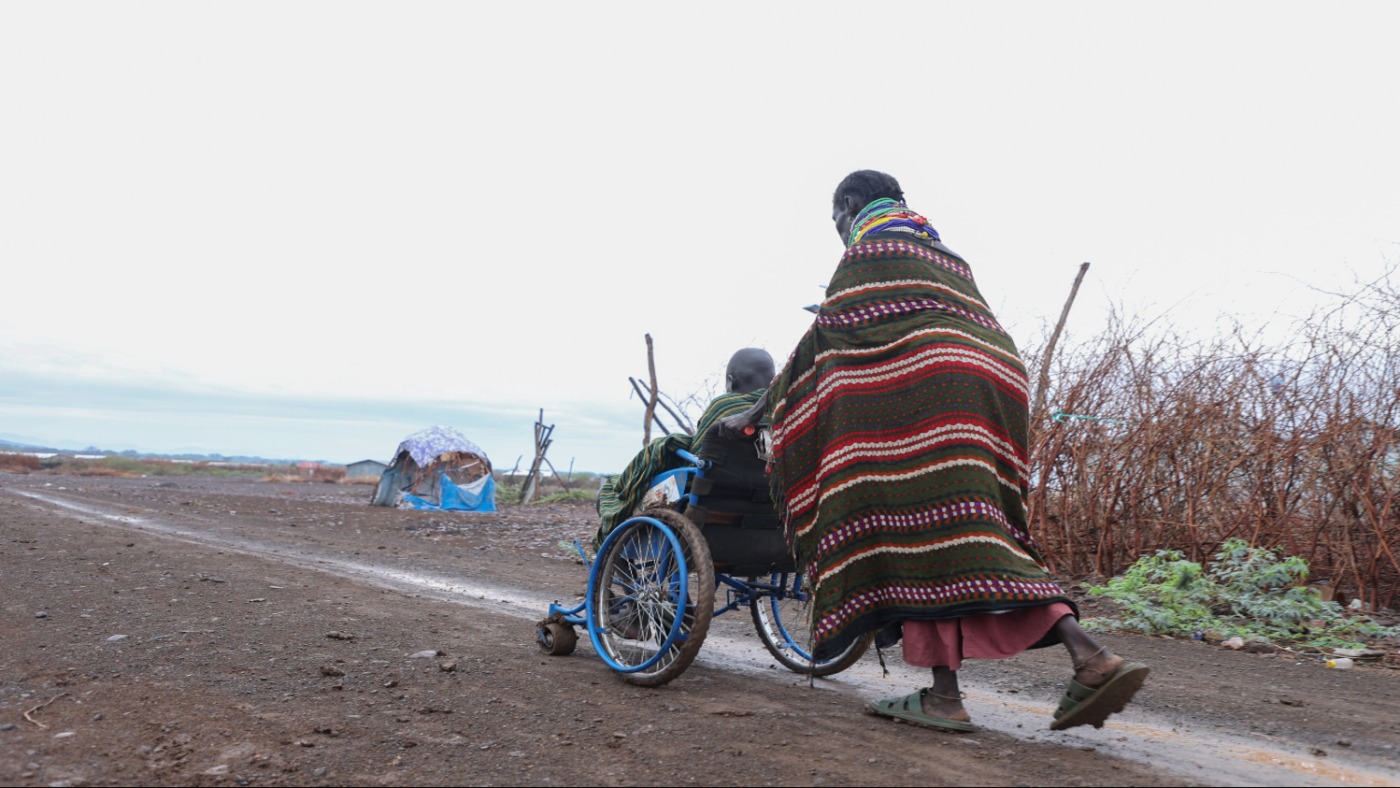
My visit to Kakuma refugee camp was a powerful and eye-opening experience. Despite the challenges of living in a harsh environment, the refugees of Kakuma are resilient people. They continue to have dreams and have created a vibrant community of different cultures and nationalities from all over Africa, who are united by their common experience of displacement. They are determined to rebuild their lives and create a better future for themselves and their families.
An important source of hope for people living in Kakuma is the 2021 Refugee Act. By providing increased funding, improved access to healthcare and enhanced protection from discrimination, the Act should – once implemented – help to create a more level playing field for refugees with disabilities and make it easier for them to achieve their entrepreneurial goals.
On this World Humanitarian Day, we want to recognise the resilience and strength of women with disabilities in Kakuma refugee camp. By supporting their education, employment and social inclusion, we can help them overcome barriers and create a brighter future for themselves and their communities.
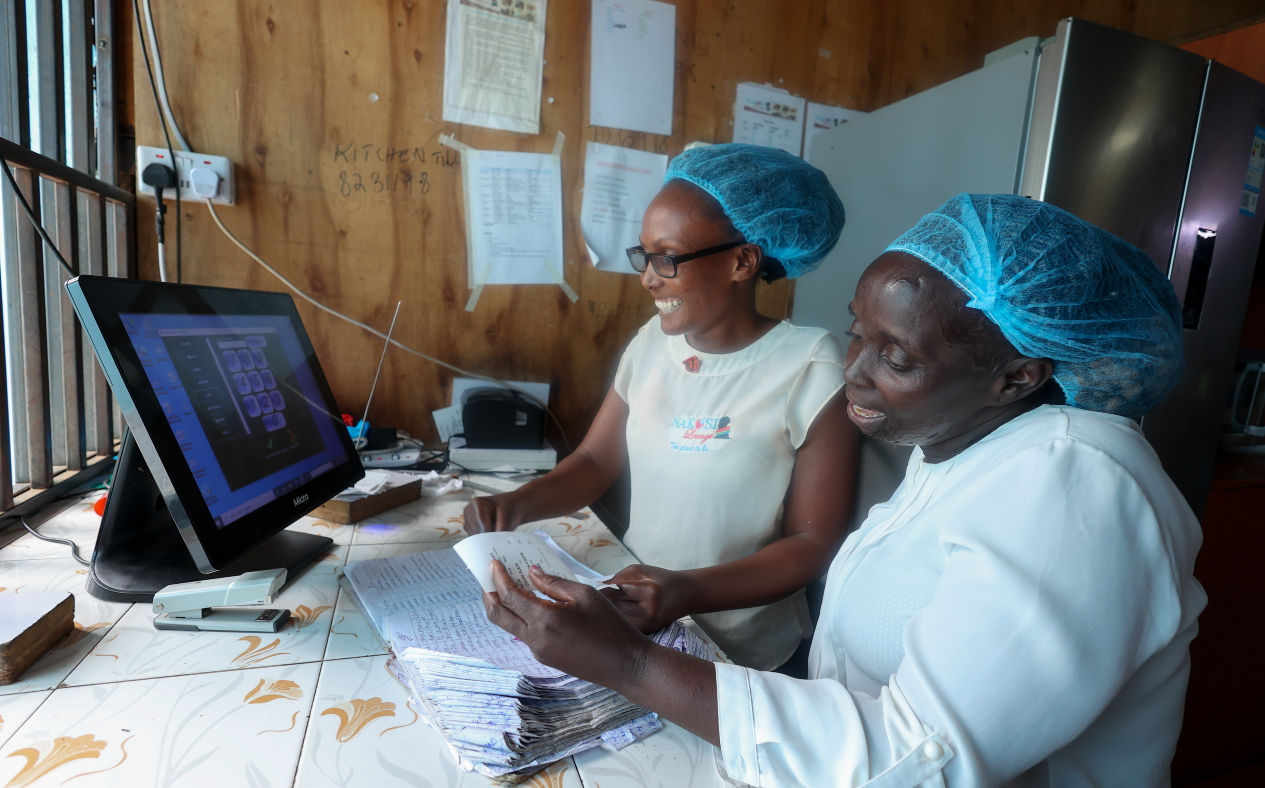
More news and opinions
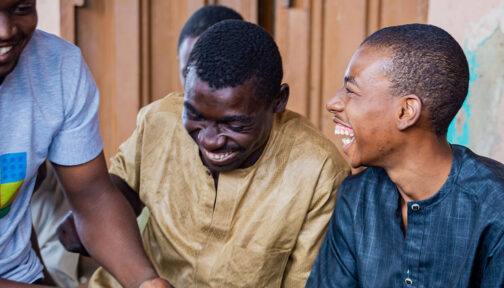
Global Disability Summit 2025: Closing the gap between disability inclusion and development
Inclusive Futures is attending the summit in Berlin on 2-3 April. Visit our booth or attend our panel event to connect with us and learn more about our programme insights.
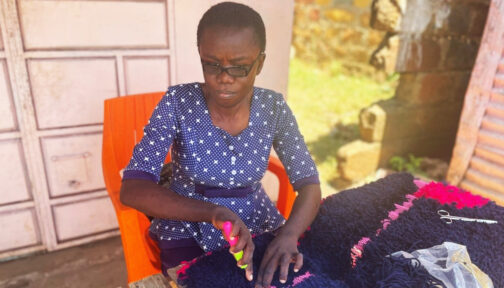
Sense International wins prestigious Zero Project award for its work with entrepreneurs with disabilities
Sense International has won a 2025 Zero Project Award for empowering individuals with deafblindness and complex disabilities in Kenya to build successful businesses and achieve financial independence.
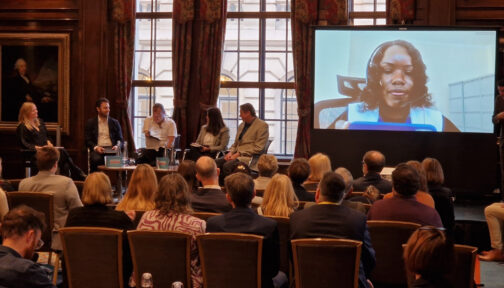
Driving change: launching the six principles for inclusive development
Inclusive Futures and the UK Foreign, Commonwealth & Development Office marked International Day of People with Disabilities by jointly hosting an event to launch the six principles for inclusive development.
Sign up to Inclusive Futures emails today
Sign up to Inclusive Futures emails today
Want to hear more from Inclusive Futures? Sign up to receive the latest research from our programmes and resources to help make your work inclusive of people with disabilities.
For more information see our privacy policy